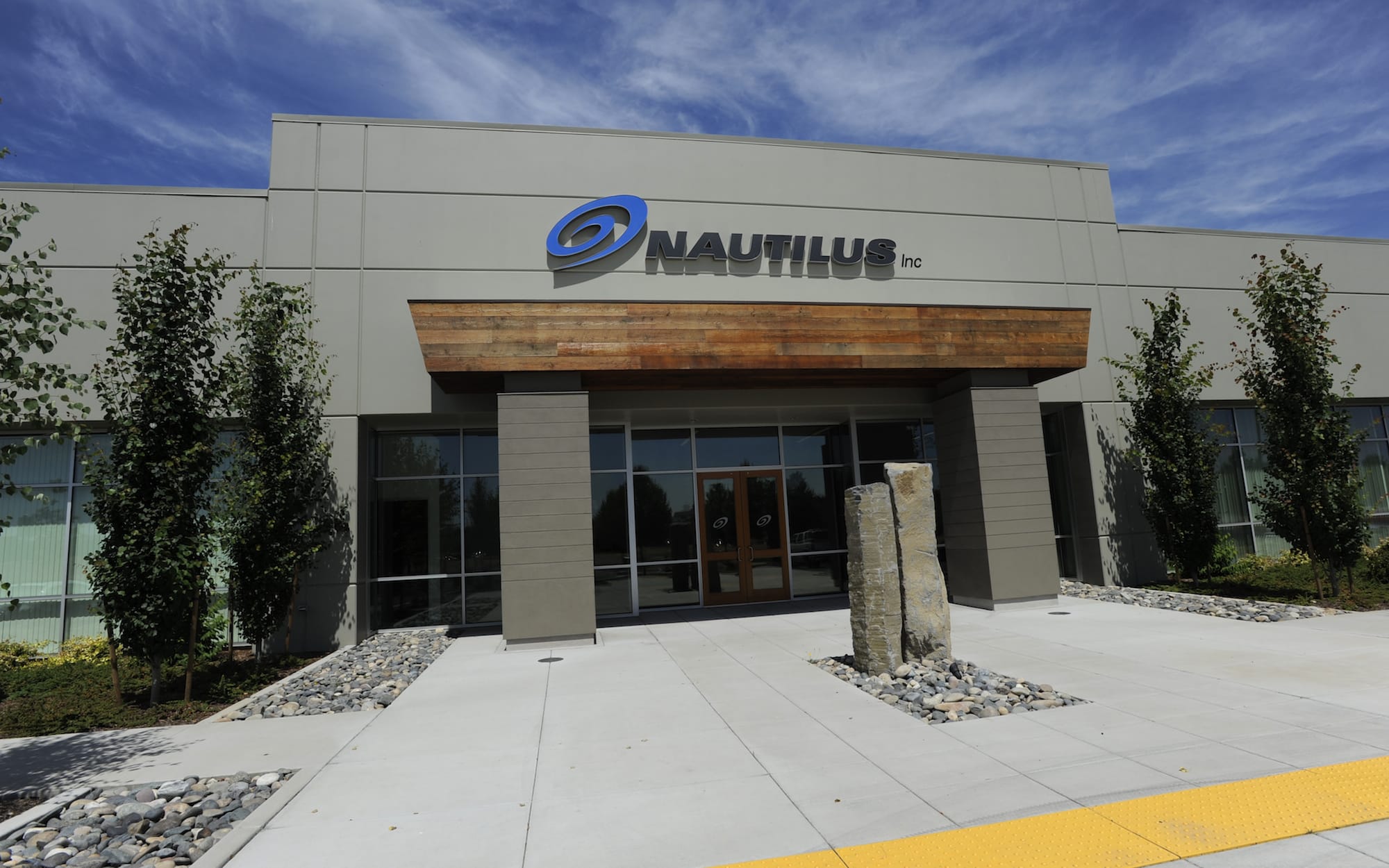Nautilus, Inc., the Vancouver-based manufacturer of fitness equipment, is posting profits, girding to expand and riding a higher stock price. Now, it’s got the U.S. Supreme Court on its side.
The court on Monday handed the company a victory by throwing out an appeals court decision in a patent battle between Nautilus and Biosig Instruments Inc. over heart rate monitors, Reuters reported. It’s a decision that raises the bar on how clearly patents must be written.
Biosig Instruments had accused Nautilus of infringing on its patented technology for heart rate monitors built into fitness machines. The U.S. Court of Appeals for the Federal Circuit had ruled that the patent was valid.
But the Supreme Court’s unanimous decision said the appeals court had set the bar too low in allowing patents to be written vaguely. As Bloomberg.com reported, the justices told the Federal Circuit to reconsider the Biosig patent using a tougher test.




